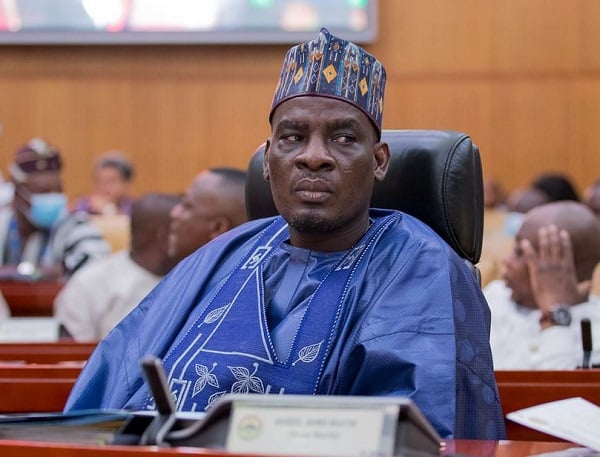The Minister for Education, Haruna Iddrisu, has announced the government’s intention to phase out the double-track system in Senior High Schools by 2027. This system, implemented to accommodate the increased student population following the introduction of free Senior High School education, divides students into two groups, alternating their time on campus. Iddrisu, addressing the Conference of Heads of Assisted Secondary Schools (CHASS) in Sunyani, Bono Region, outlined a multi-pronged approach to achieving this goal, including curriculum revisions, restructuring the administration of the Ghana Education Trust Fund (GETFund), and continued investment in educational infrastructure. The minister stressed the importance of a functional GETFund board to oversee expenditures and ensure transparency in the allocation of resources, highlighting the board’s critical role in facilitating the transition away from the double-track system.
The double-track system, while allowing for greater access to secondary education, has presented various challenges, including shorter instructional time, potential disruptions to student learning continuity, and increased pressure on school resources. The government’s commitment to phasing it out by 2027 signals a recognition of these challenges and a dedication to providing a more conventional and potentially more effective learning environment. The proposed curriculum revisions aim to optimize learning within available timeframes and possibly adapt to the evolving needs of students and the job market. Simultaneously, restructuring the GETFund’s administration aims to ensure the efficient and equitable distribution of funds for infrastructural development, a crucial step in creating the capacity to accommodate all students on a single track.
Restructuring the GETFund administration involves establishing a robust governance structure, with a fully functional board overseeing all financial decisions. This will enhance transparency and accountability, ensuring that funds are utilized judiciously for their intended purpose. The Minister emphasized the immediate need for a functional board, urging its establishment by the following Monday to expedite the approval of necessary expenditures related to infrastructure development and other educational investments crucial for phasing out the double-track system. This underscores the government’s focus on prudent financial management within the education sector and its commitment to maximizing the impact of investments made through the GETFund.
The government’s investment in education and human capital development is a key priority, with the GETFund playing a central role in financing infrastructure improvements across schools nationwide. This commitment is vital for achieving the 2027 target for eliminating the double-track system. Increased investment will facilitate the construction of new classrooms, laboratories, and other facilities necessary to accommodate the full student population on a single track. Furthermore, investments will likely support teacher training and development, enabling educators to effectively implement the revised curriculum and provide quality education to all students. The government recognizes that a well-equipped education system is essential for national development and is prioritizing investments to ensure long-term educational success.
Phasing out the double-track system represents a significant step towards strengthening Ghana’s secondary education system. The government’s multifaceted approach, encompassing curriculum reform, GETFund restructuring, and sustained investment in infrastructure, demonstrates a comprehensive strategy. Successfully implementing these reforms will not only address the challenges posed by the double-track system but also contribute to a more stable and effective learning environment. This, in turn, will enhance the quality of education provided to Ghanaian students and equip them with the skills and knowledge necessary for future success.
Ultimately, the success of this initiative hinges on effective implementation and sustained commitment from all stakeholders. Collaboration between the Ministry of Education, CHASS, the GETFund, and other relevant bodies will be essential to ensure the smooth transition to a single-track system. Continuous monitoring and evaluation of the reforms will be crucial to identify any challenges and make necessary adjustments along the way. The 2027 target represents an ambitious but achievable goal, signifying the government’s dedication to providing quality education and creating a brighter future for Ghana’s youth. Achieving this goal requires a concerted effort and continuous dedication to improving the nation’s educational landscape.














